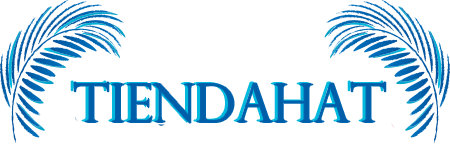WHO MADE YOUR HATS
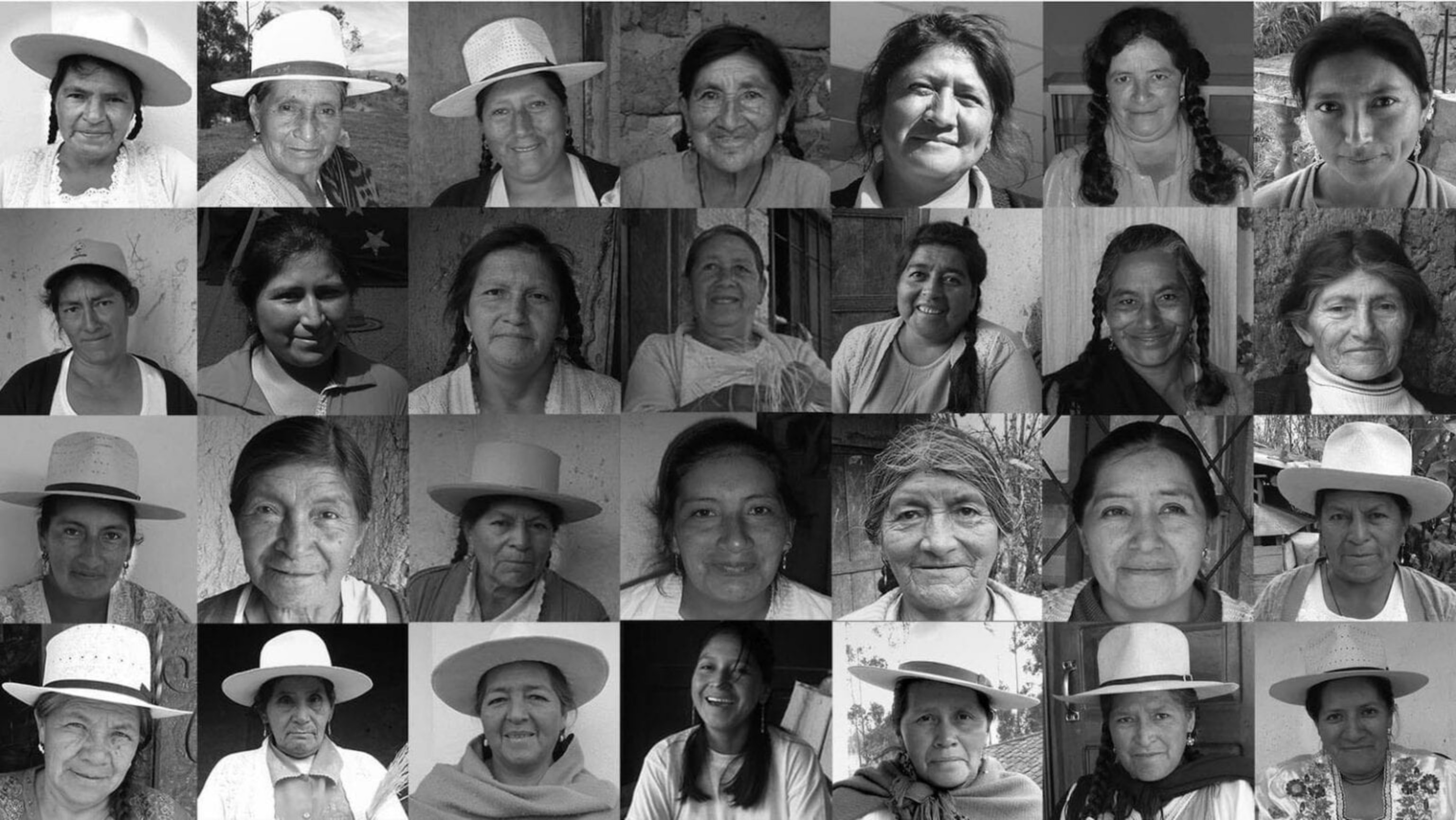
WEAVING A BETTER WORLD
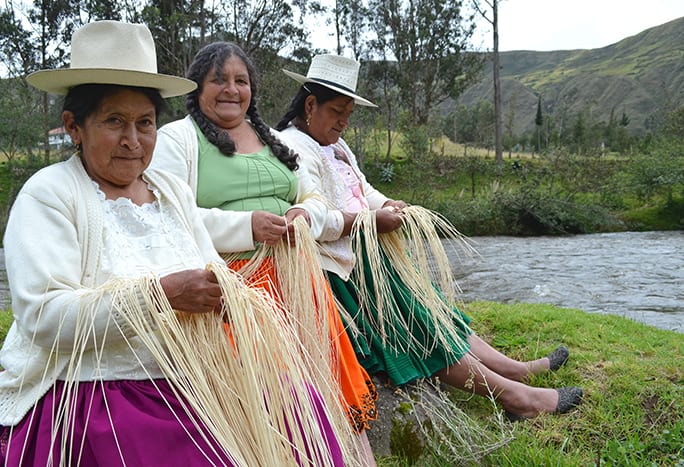
The art of creating Panama hats weaves into the fabric of daily life for Andean mountain communities. Women weave everywhere – on the bus, walking to the market, on their way to the fields. It is so intrinsic to Ecuadorian day-to-day life that in 2012 UNESCO declared the art of weaving a Panama hat was on its Intangible Cultural Heritage* list.
Weaving a hat from paja toquilla represents the cultural heritage of an entire community. There is a campaign in Ecuador to rename the Panama hat the ‘Ecuador hat’. This movement has our full support.
*Intangible Cultural Heritage is a term used for knowledge, traditions and rituals that permeate the everyday life of a particular community. This heritage forms an intrinsic part of its identity and culture, passing from generation to generation.
WHO WE WORK WITH
Most Panama hats pass through the hands of up to seven different intermediaries. These middlemen are called perros (or dogs) because of their unscrupulous purchasing practices. However, Pachacuti works directly with artisans through every step of the process – weaving, dyeing, blocking and finishing. We ensure that as much of the final value as possible remains in the hands of the artisans themselves, not with intermediaries!
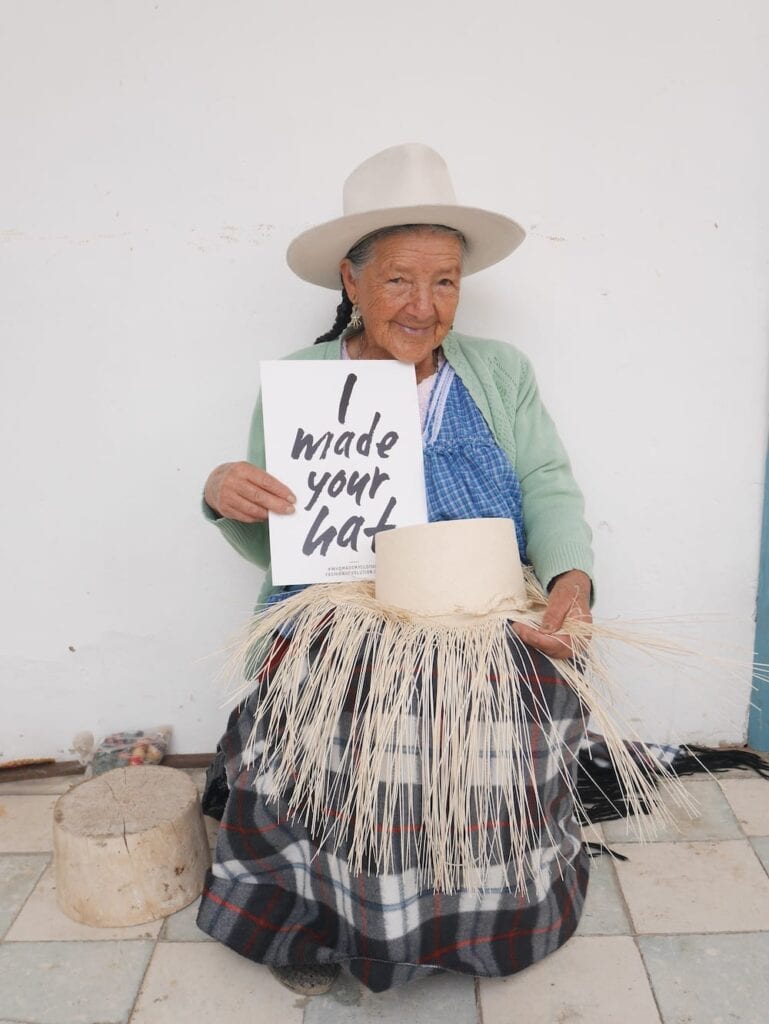
THE NEW SUPPLY CHAIN
We continue to innovate and have begun work on a new generation of standards in collaborations with:
• EU Eco-Management and Audit Scheme (EMAS) Easy
• Eco-mapping creator Heinz Werner Engel
These adhere to the same bottom-up approach we have trialled during the past decade.
Building on our previous work together, we are trialling visual tools rather than writing. These include pictures, emoticons and symbols so they are fully inclusive and accessible for our artisan groups. These tools will enable them to assess, map, generate feedback and ensure document compliance in visual and understandable forms.

TAKING RESPONSIBILITY
Therefore, Pachacuti works with weaving associations to break down the price of every style of hat. We calculate the cost of the raw materials, the dyes, the overheads, the labour and the profit margin. We pay a fair price, which is monitored through interviews to ascertain the local cost of living. The cañasta básica vital, (the Ecuadorian Government’s monthly market cost of meeting basic needs for a family of four) is also a comparator.
We provide ongoing training and investment for tangible skills such as design development, weaving skills, costing of products/overheads and health and safety, and intangible benefits such as self-esteem and human relations.
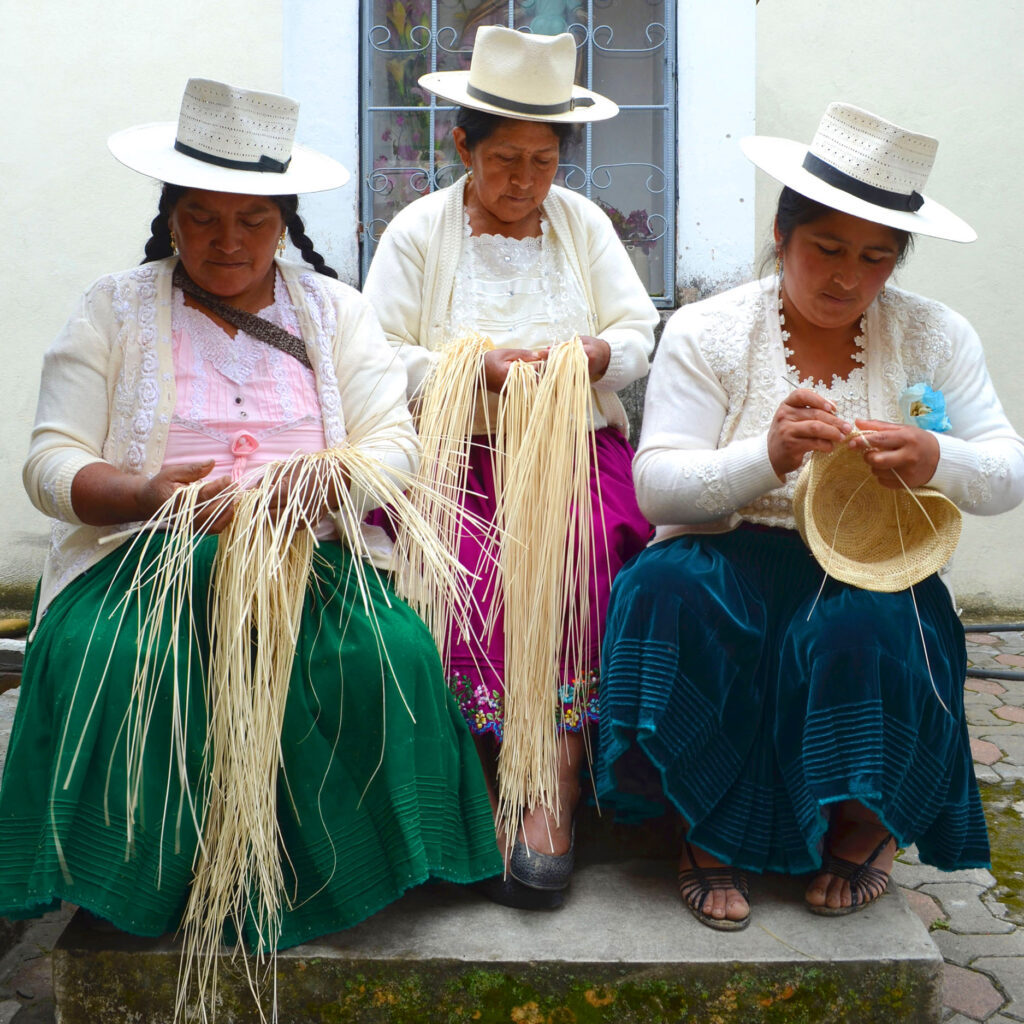
In 2009, we became the first company in the world to be Fair Trade Certified under the Sustainable Fair Trade Management System. In addition, we piloted the Fair Trade Guarantee System in 2011, becoming the first fashion brand to receive the new label. For work on the three-year EU Geo Fair Trade project, we collected more than 60 social, environmental and economic indicators. Accordingly, we used these to measure the fair trade impact of our business practices on 165 women and their families, communities and environment, tracking progress over three years.
